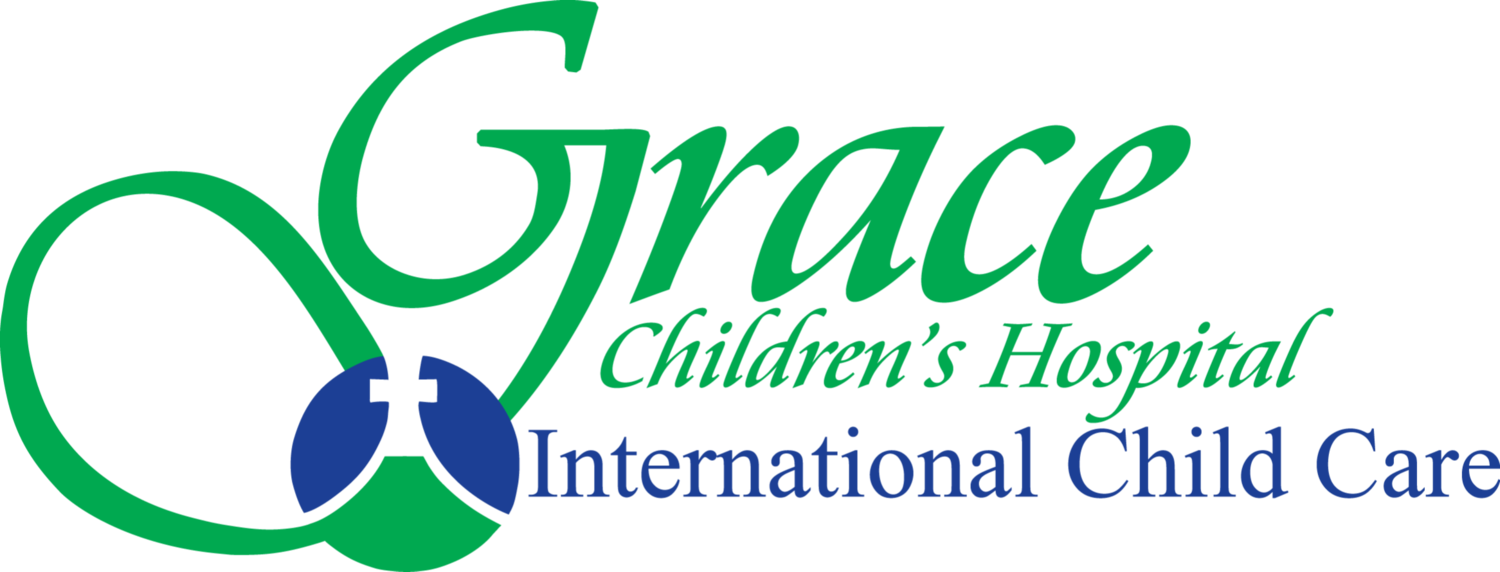For International Child Care (ICC) Development Director, Angela Liriano, work at ICC proves to be much more than simply a means to live. Born and raised in Santo Domingo, Dominican Republic, Liriano worked to receive a government scholarship to experience college abroad. This lead to her completion of undergraduate school at Western Michigan University (WMU) in Kalamazoo, MI. Following her undergrad, she spent a year working back in the Dominican Republic, and then returned to WMU to complete a Master’s Degree in International Development Administration.
Her initial encounter with ICC was made through a fellow WMU graduate student, Laura Pacheco, who had partnered with the organization in promoting the Community Based Rehabilitation Program. Drawn to the prospect of supporting her native country, Liriano wasted no time in learning more about ICC’s work within the island of Hispaniola. The range of adversities existing within the Dominican Republic are what inspired her to engage with ICC. Liriano admits that the opportunities made available to her are far from what the typical Dominican faces. From what she’s witnessed, wealth is key in receiving any education or services.
Liriano describes the Dominican Republic as a “poor country” and “full of inequality”. According to the World Bank, almost half of the Dominican population lives in poverty. Moreover, 12.3% of the total population suffers from disabilities, and fall within the demographic living in poverty. Children make up 8.1% of that statistic: 8.1% of the Dominican population consists of disabled children living in poverty.
There is a visible overlap between Dominicans living in extreme poverty and Dominican children suffering from disabilities. This selection of the population earns little income, and by extension, often receives minimal schooling. Due to a lack of education, coupled with the overall ignorance surrounding disabilities in Dominican culture, many parents lack an understanding of their child’s disabilities, and foster false interpretations. For example, they may convince themselves that their child is simply misbehaving rather than suffering from developmental problems. Children with disabilities struggle to be fully integrated into society. They are often seen as an embarrassment to their families, or even as a curse from God. Many are hidden, deprived of food, or abandoned by parents who either don’t know how to care for them, or don’t want the stigma of having a disabled child.
“The Dominican Republic simply does not have the culture of including people with disabilities,” says Liriano. “I know that there are many children with disabilities in the DR that would like to attend school, but nobody's doing anything to help them.” Although Dominican law dictates that children have the right to go to school, it is rarely enforced. UN reports as recent as 2012 show that 70% of disabled children do not receive any proper education. “The work that ICC does is critical for these children," says Liriano. "Over the years, they’ve built programs that produce revelations among families.”
Liriano argues that the international community’s involvement is crucial for change. She believes awareness is necessary, and is confident that ICC will spread it. “People need to know Dominican children in ICC’s programs would have probably never received rehabilitation, or education, if ICC was not around,” says Liriano. “And in Haiti, ICC has been able to support a children’s hospital for almost 50 years -- that is amazing! It is inspiring to know that every day, children are being saved.”
ICC is proud to have Angela Liriano on the team. The perspective she shares is invaluable, and furthers ICC’s passion and devotion to strengthen Haiti and the Dominican Republic, so they can become happy, healthy, self-sustaining communities. You can join forces with ICC and fight for the children by making a donation.
